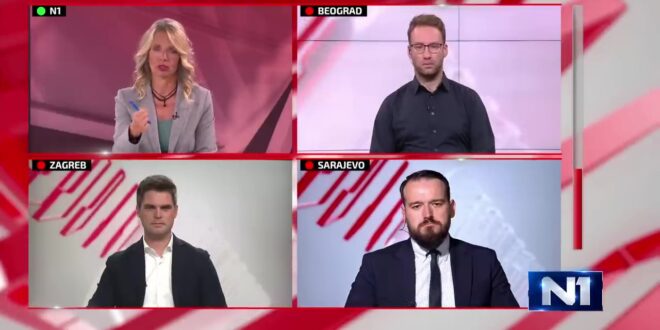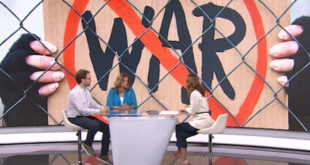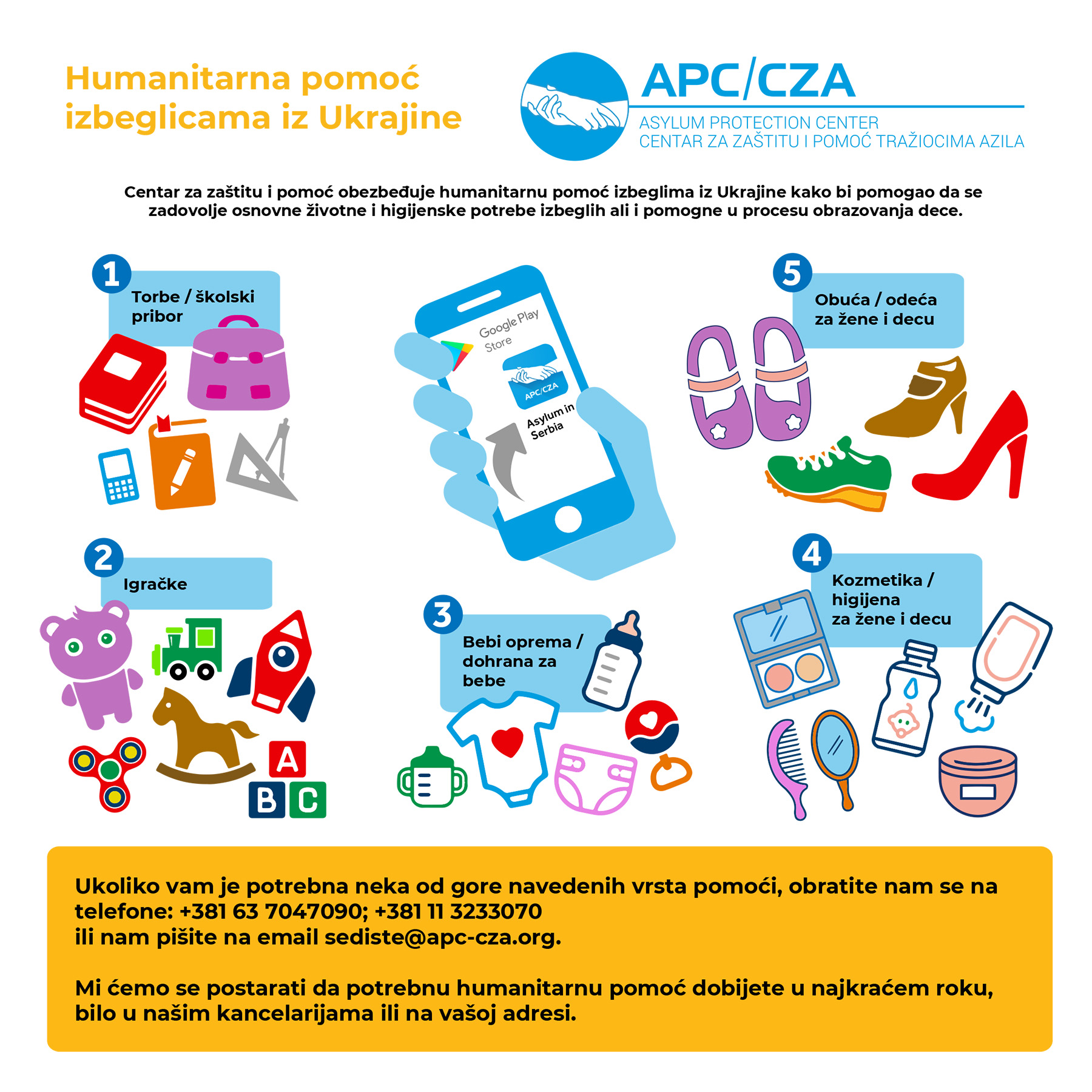Source: N1 BIH, Red line show
Photo: N1 BIH, Red line show
Video: N1 BIH
Date: October 6, 2023
In the Red Line show, the guests Karlo Ressler, HDZ representative in the European Parliament, Radoš Đurović from Asylum Protection Center and Admir Čavalić, representative in the FBIH Parliament, discuss the attitude of the EU and the countries of the region towards migrants.
Ressler, speaking directly from Brussels, states that the migration topic represents facing a challenge. It has been a key topic in the EU Parliament since 2016. As he says, the situation is different now, in terms of the politics of Europe and of Brussels. He points out that we are now witnessing a dramatic pressure increase on Lampedusa, in Italy, in the immediate vicinity of Tunisia, where the number of inhabitants of that small island has doubled in one day.
Ressler adds this only shows how the European migration and asylum policy has failed. In the context of the process of forming the joint EU Pact on Migration and Asylum, he points out that we are now closer than ever to a European agreement on migration and asylum. Regardless of everything, it is necessary for Europe to have some kind of migration policy, to protect its borders.
Đurović points out that along the EU’s external borders with Serbia, violence can be seen on the field every day, people are being pushbacked beyond the readmission agreement, beyond the right to seek asylum in the neighboring EU countries, and this causes a direct increase in smuggling to the extent that armed conflict occurs between smuggling groups on the Serbian territory, where refugees are being pushed back.
He points out that smuggling is now in its enormous boom precisely because people are pushed back to Serbia every day and they try to cross the border again with the help of smugglers.
He highlights that in the end, despite the fences in Hungary and the return to Serbia, none of the newly arrived refugees will stay in Serbia, but continue on.
Admir Čavalić states that there are currently around 3,000 registered people in Bosnia, but there are many more unregistered.
He says that the small countries of the Balkans cannot control the migrant crisis and that returning to the previous country is only a short-term solution. He also states that BIH needs more support from the EU, because it bears the burden together with Serbia and other countries of the Western Balkans.
Đurović points out that the direct consequence of the fence and pushbacks is what is happening in the border areas in Serbia.
He explains that smuggling groups make huge amounts of money and these groups do not hesitate to use weapons when fight each other. He emphasizes that these are clashes with criminal gangs, not migrants, and a clear distinction should be made.
He adds that smuggling networks are very complex and strong, and that skirmishes (clashes) take place in the fight for territory. The groups rely on both local criminals and those from the region, and from there they get weapons. They also include domestic citizens, because they can earn a lot in a short time, as Đurović points out.
It is very important to solve this issue at the EU level, he believes. He says that its responsibility here is primary, as well as solidarity between countries in the Balkans.
He emphasizes once again that the solution is not to push people across the border.
Yet, Čavalić notes that the most important thing is for the EU to accept responsibility for migration and adopt a new EU policy.
 AzilSrbija AzilSrbija
AzilSrbija AzilSrbija





